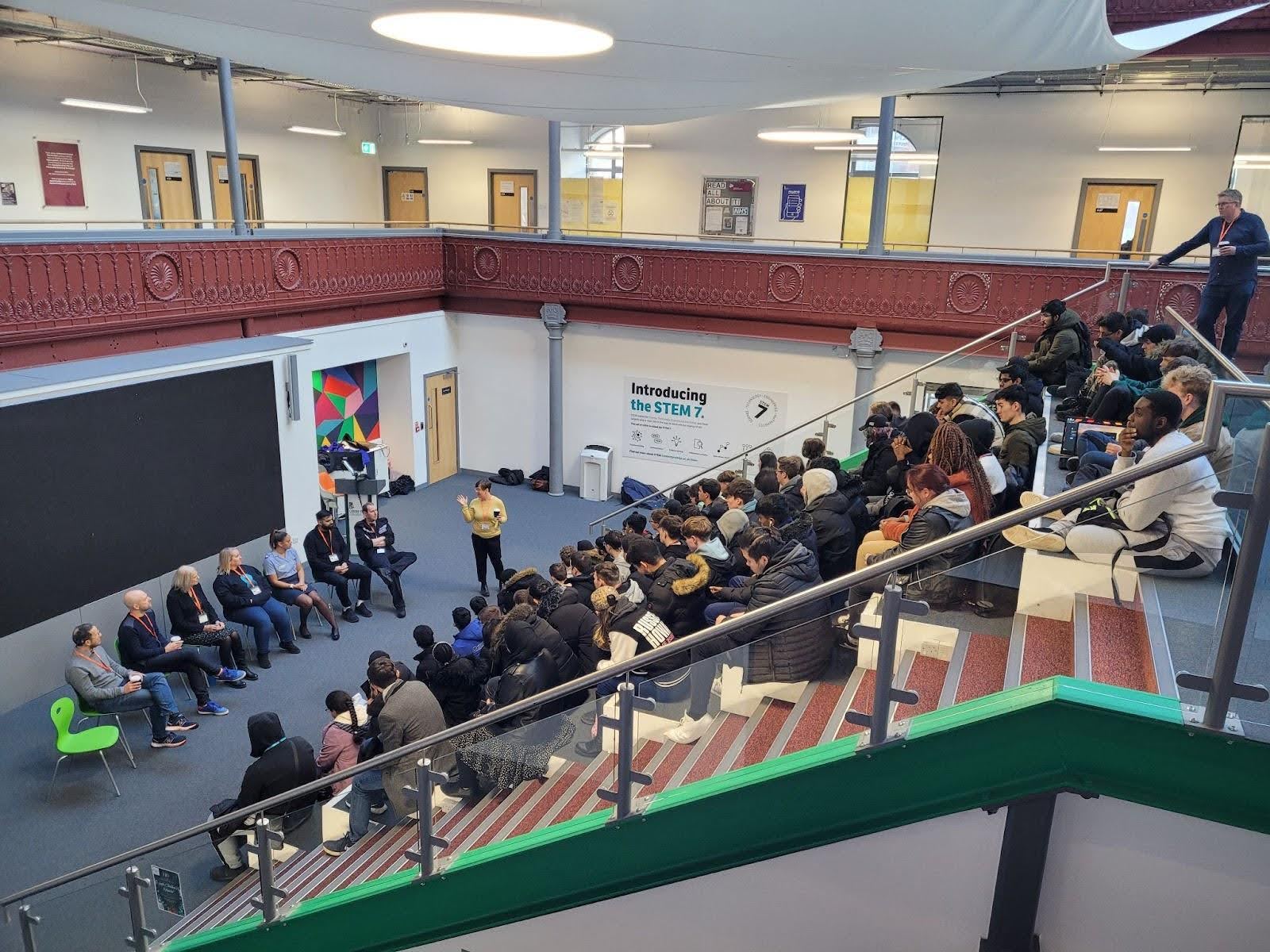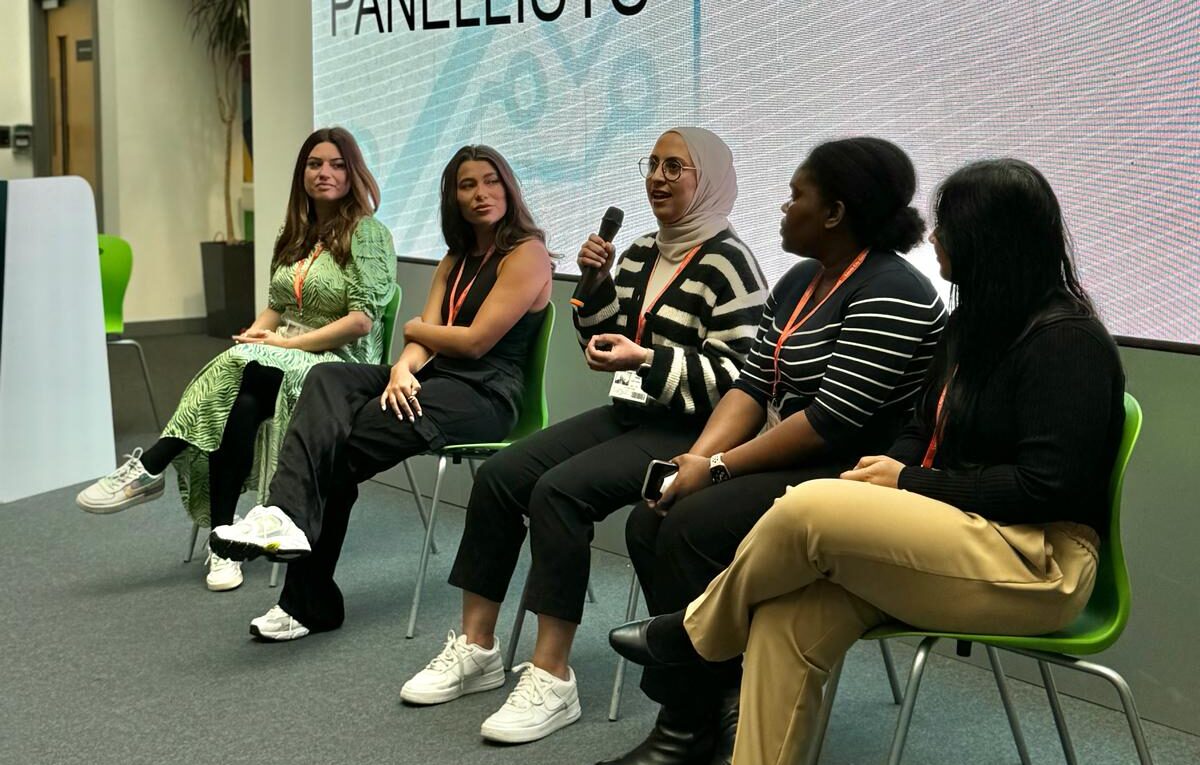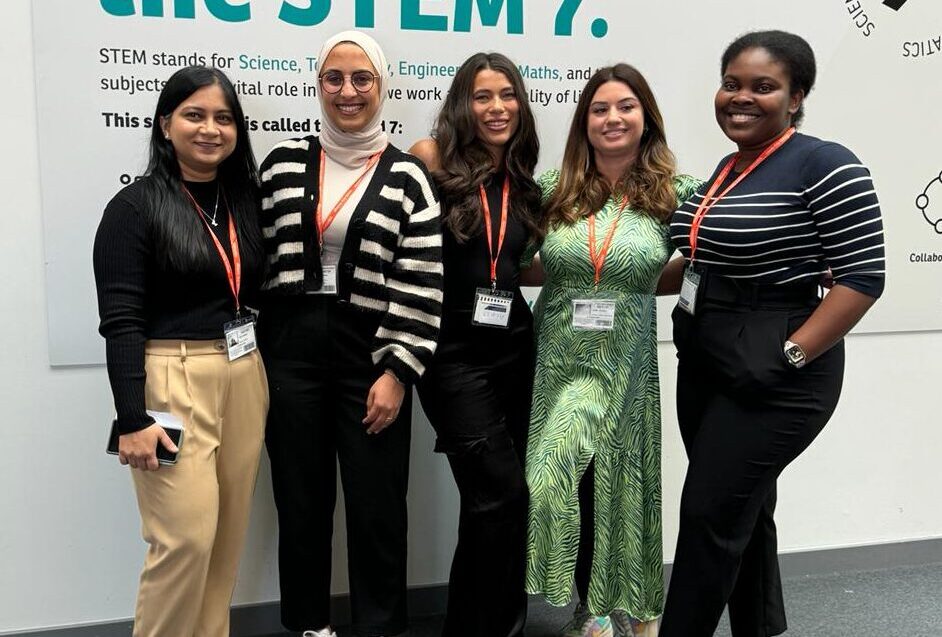Cyber security and software development are two typical professions that come to mind when you think of a career in digital. However, people don’t realise that over 36% of positions in the digital workforce involve non-technical occupations, including sales, user experience and product management. Colleges are uniquely placed to equip students with this broad range of skills needed to thrive in both technical and non-technical roles across the sector, allowing us to encourage early consideration of these careers by pointing students towards areas with high demand and less competition.
At the very least, it’s time to highlight the diverse range of digital roles people can choose to pursue. The demand for big data, for example, has been on a steady rise for the last few years and getting more people trained in data management would enable businesses and organisations across various sectors to benefit from improved analytics and insight. Fortunately, there’s strong demand for more training in this area. At a recent Women In Tech workshop which was part of Girl Tech On Tour for International Women’s Day, almost half of the visitors signed up to the Project Management With Data course, citing the transferable nature of using data to gain intelligence as a motivating factor.
Suzie Bell, Ahead Partnership, works closely with Leeds City College to provide diverse perspectives from industry to help inform students about the reality of technical and non-technical roles in digital. She said: “A large part of our work is challenging stereotypes and showing young people what a career in digital is really like. Of course, there is demand for coders and technical skills, but the industry also needs people with excellent communication skills, problem-solving skills, and design thinking skills, amongst others. By connecting young people with diverse role models from industry and creating hands-on activities, we create an environment where young people can develop those essential skills and gain insight into the industry from those who are in it.”


